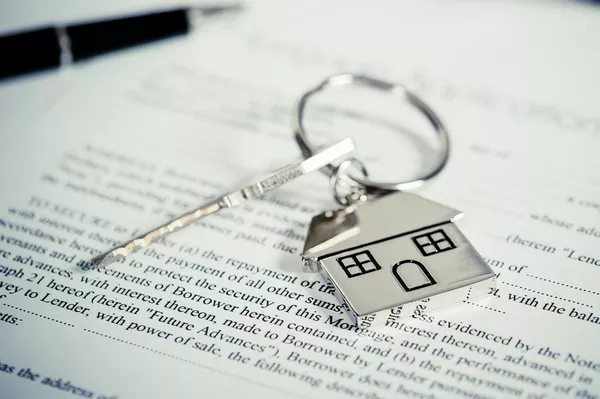Owning a home is a significant milestone for many individuals and families, but along with the joys of homeownership come responsibilities, including protecting your investment with house insurance. The cost of house insurance varies widely based on several factors, and understanding these influences is crucial for homeowners seeking comprehensive coverage without breaking the bank.
Factors Affecting House Insurance Premiums
1. Location Matters
One of the primary factors influencing the cost of house insurance is the location of the property. Insurance companies take into account the risk associated with the geographical area in which a home is situated. Regions prone to natural disasters such as hurricanes, earthquakes, or floods often have higher premiums. Additionally, crime rates in the neighborhood can impact insurance costs, as higher crime rates may lead to increased risks of theft or vandalism.
2. Home Characteristics
The specific features of your home play a significant role in determining insurance premiums. Factors such as the age of the home, its construction materials, and the overall condition all contribute to the cost of coverage. Newer homes or those built with more durable materials may command lower premiums, as they are generally considered less risky to insure.
3. Coverage Amount and Deductibles
The level of coverage you choose for your home insurance policy directly affects the cost of premiums. Higher coverage limits and lower deductibles typically result in higher premiums. Homeowners must strike a balance between adequate coverage and budget constraints, carefully evaluating their insurance needs and financial capacity.
4. Credit Score Impact
Surprisingly, your credit score can also impact the cost of house insurance. Insurance companies often use credit-based insurance scores as a factor in determining premiums. A higher credit score is generally associated with lower risk, leading to potentially lower insurance costs. Therefore, maintaining a good credit score is not only essential for financial health but can also positively impact the affordability of house insurance.
5. Claims History
Insurance companies assess the risk associated with a homeowner’s claims history. If a homeowner has a track record of frequent or severe claims, insurers may view them as a higher risk and charge higher premiums. Conversely, a clean claims history may result in more favorable rates. Homeowners should be mindful of this when deciding whether to file a claim or handle minor repairs independently.
Average House Insurance Costs Across the United States
While understanding the factors influencing house insurance premiums is crucial, it’s also helpful to have a baseline understanding of the average costs across the United States. As of the latest available data, the average annual premium for homeowners insurance in the U.S. is approximately $1,249. However, it’s important to note that this figure can vary significantly based on factors discussed earlier.
Tips for Lowering House Insurance Costs
1. Bundle Your Policies
Insurance companies often offer discounts to customers who bundle multiple policies, such as homeowners and auto insurance. Bundling can result in significant savings, making it a wise choice for those looking to reduce overall insurance costs.
2. Increase Security Measures
Installing security systems, smoke detectors, and other safety features can help reduce the risk of potential damage or loss. Insurance companies often reward homeowners who take proactive steps to safeguard their homes with lower premiums.
3. Regularly Review and Update Your Policy
As your circumstances change, so do your insurance needs. Periodically reviewing your policy and updating it to reflect any changes in your home or lifestyle can ensure that you have adequate coverage without overpaying for unnecessary features.
4. Shop Around for Quotes
Comparing quotes from different insurance providers is a fundamental step in finding the best coverage at the most competitive price. Be sure to consider not only the cost but also the coverage offered, customer service reputation, and any available discounts.
Conclusion
House insurance is a critical component of responsible homeownership, providing financial protection against unforeseen events. While the average cost of house insurance in the United States is around $1,249 per year, individual premiums can vary significantly based on factors such as location, home characteristics, coverage amount, credit score, and claims history. Homeowners must carefully evaluate these factors and take proactive steps to lower insurance costs without compromising coverage. By understanding the intricacies of house insurance premiums, homeowners can make informed decisions to protect their investment and achieve peace of mind.


